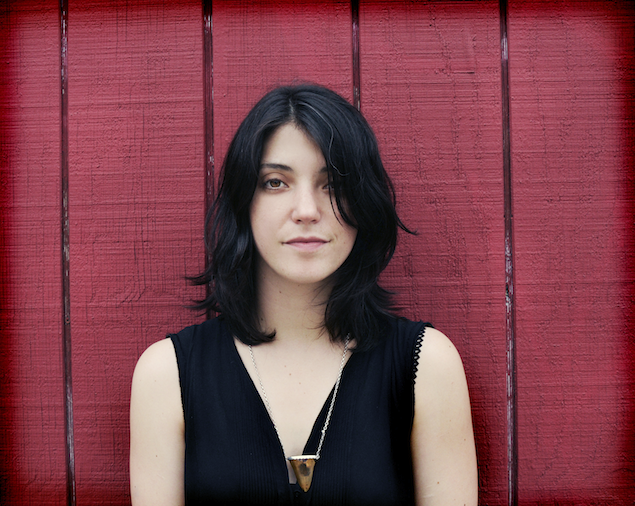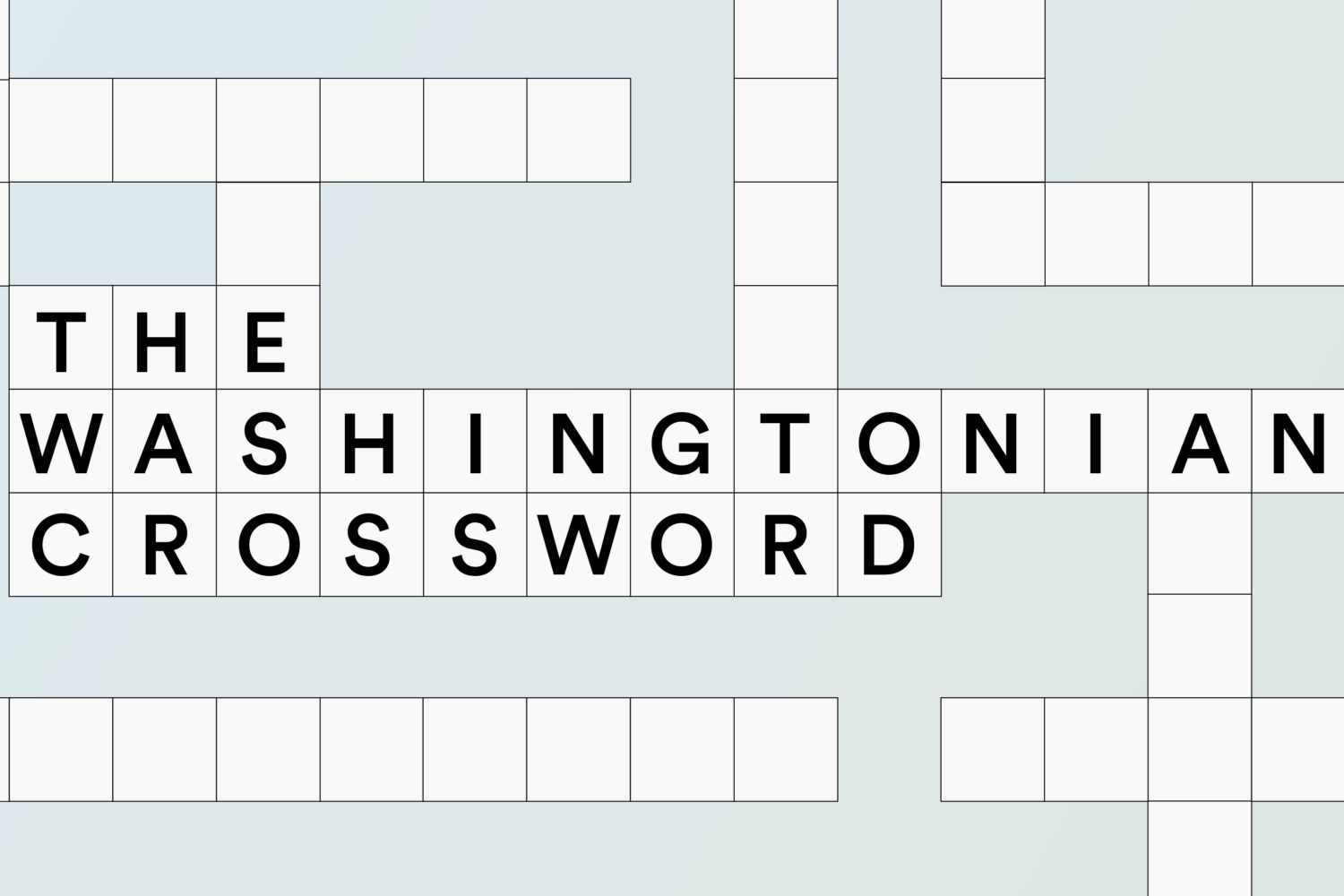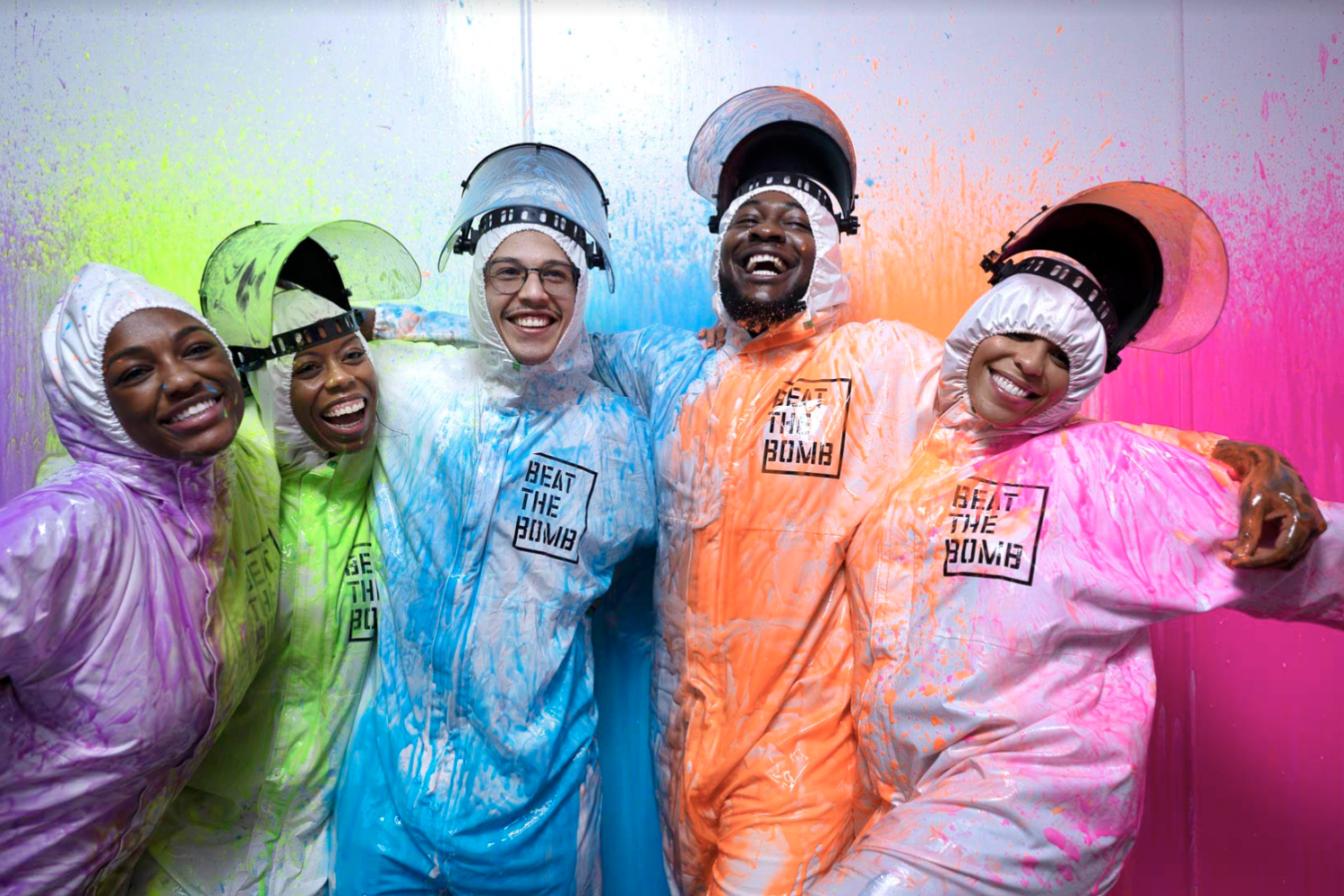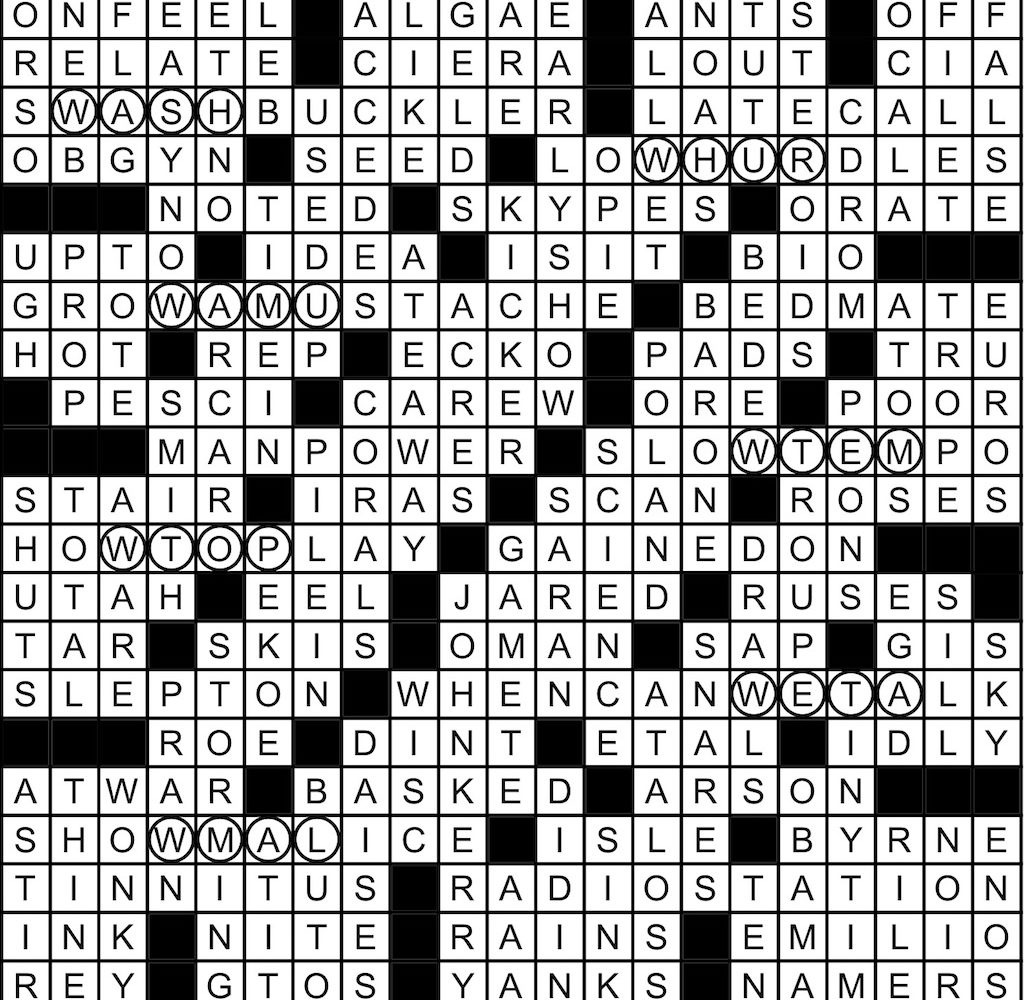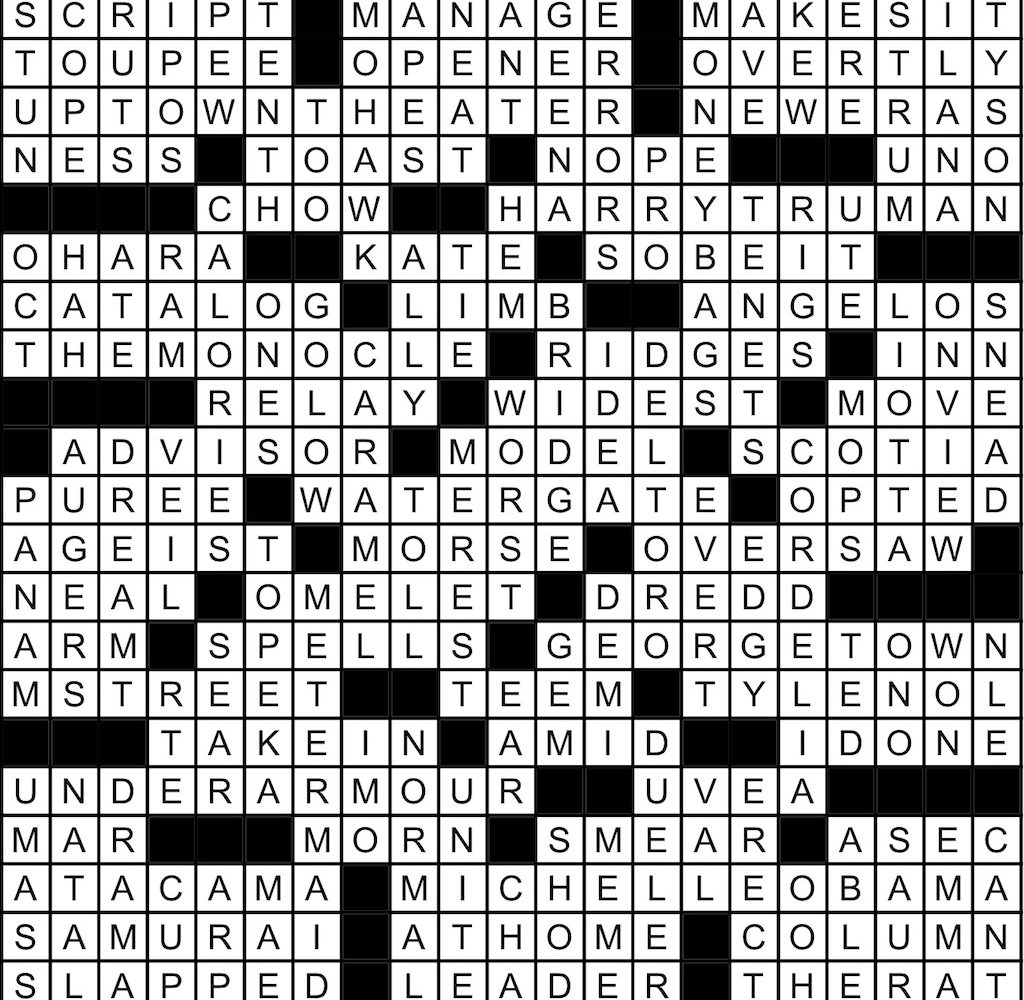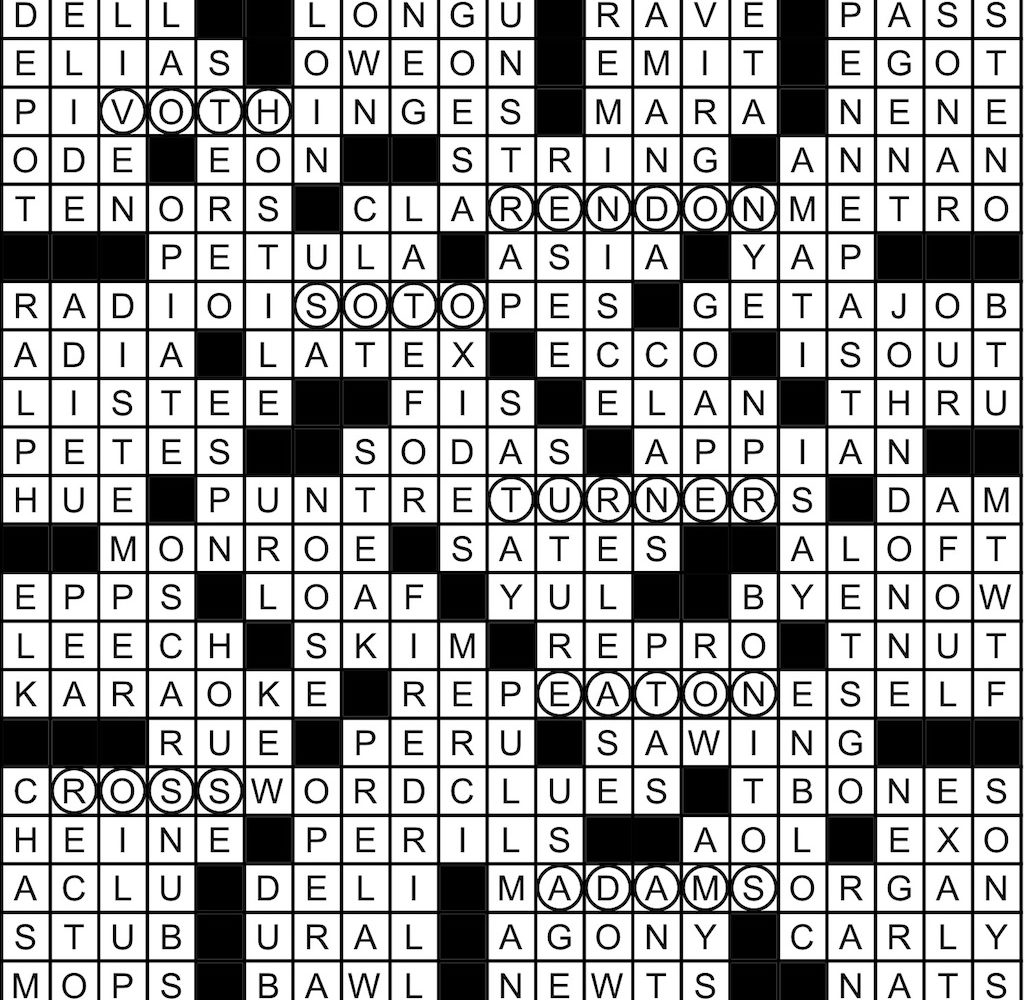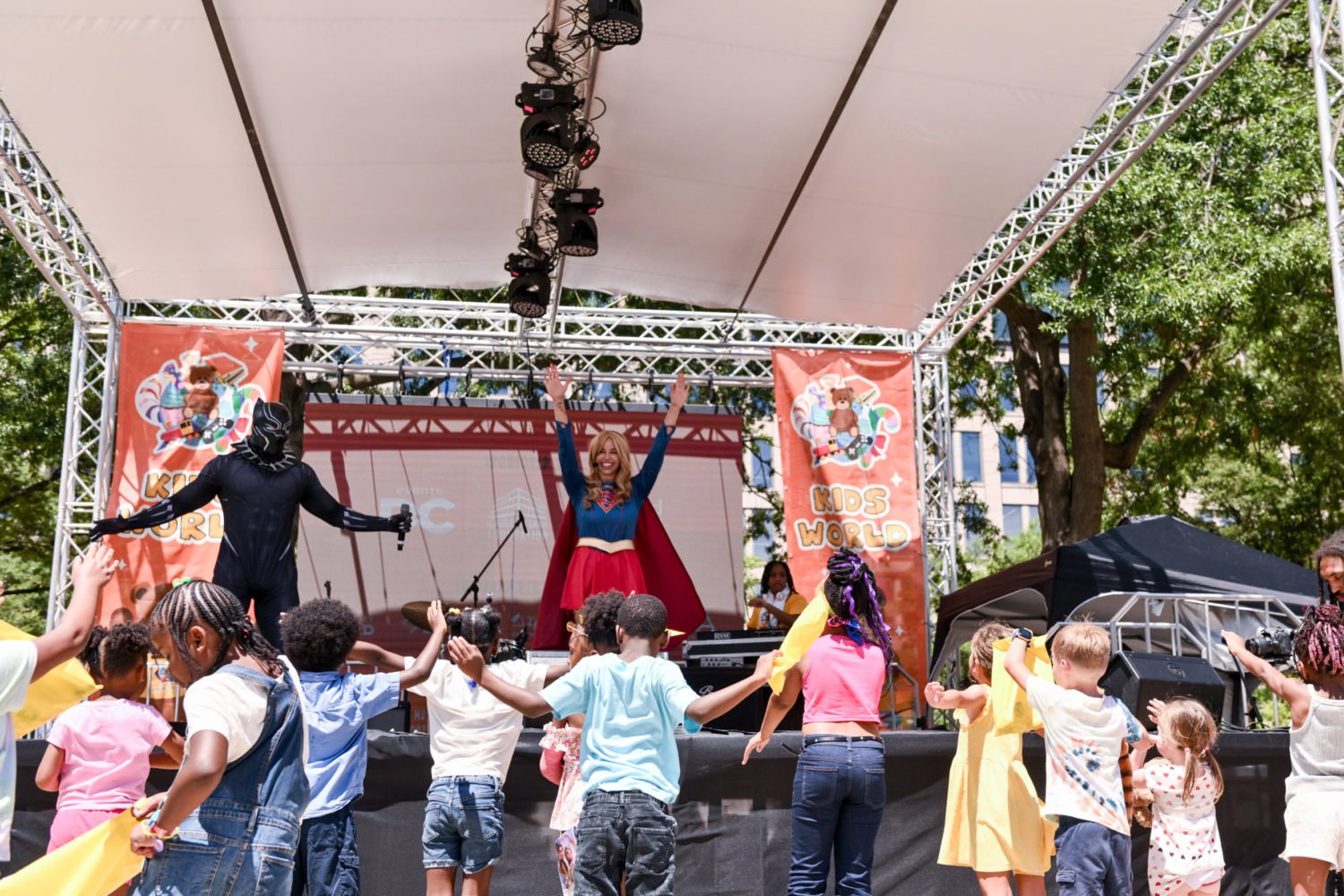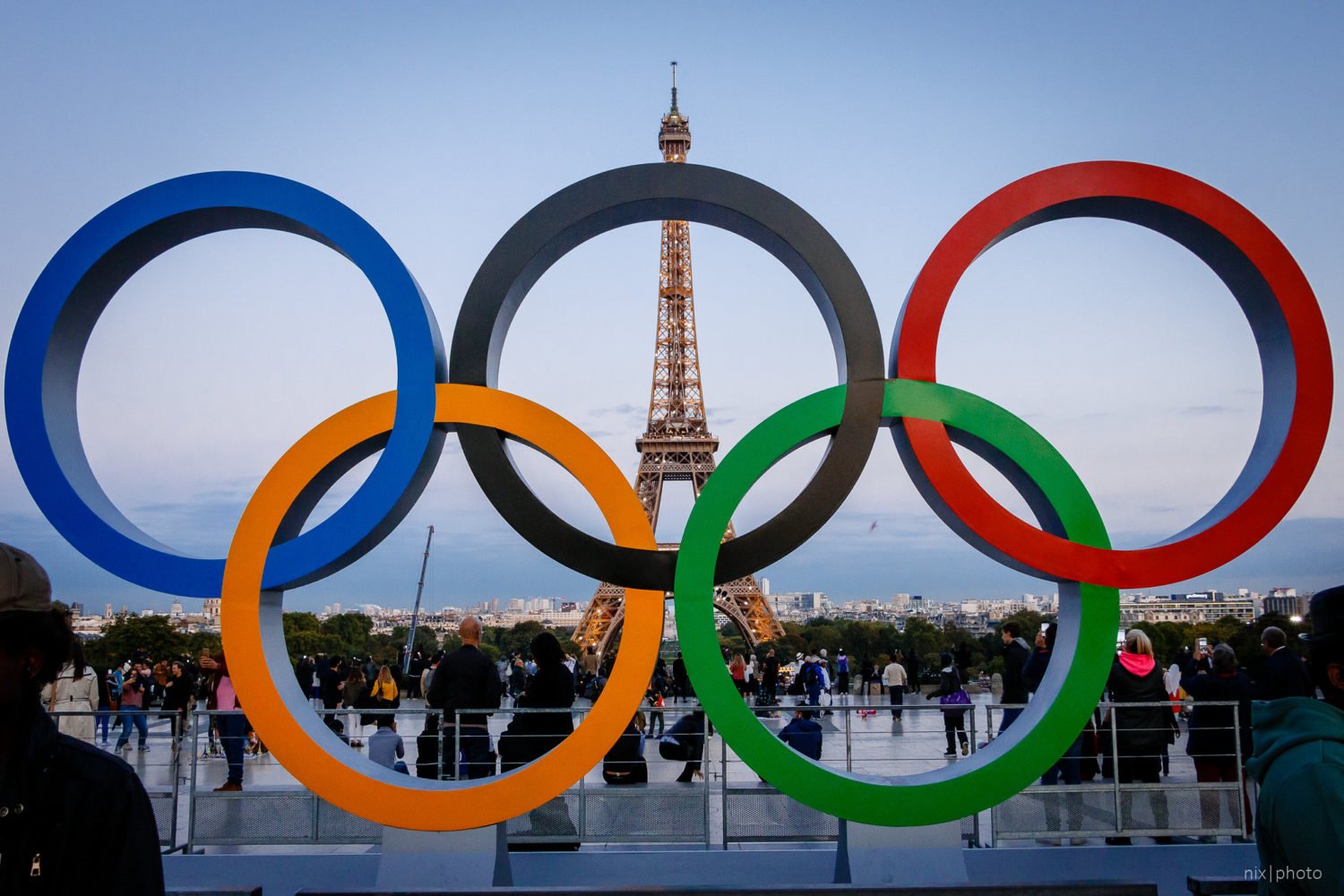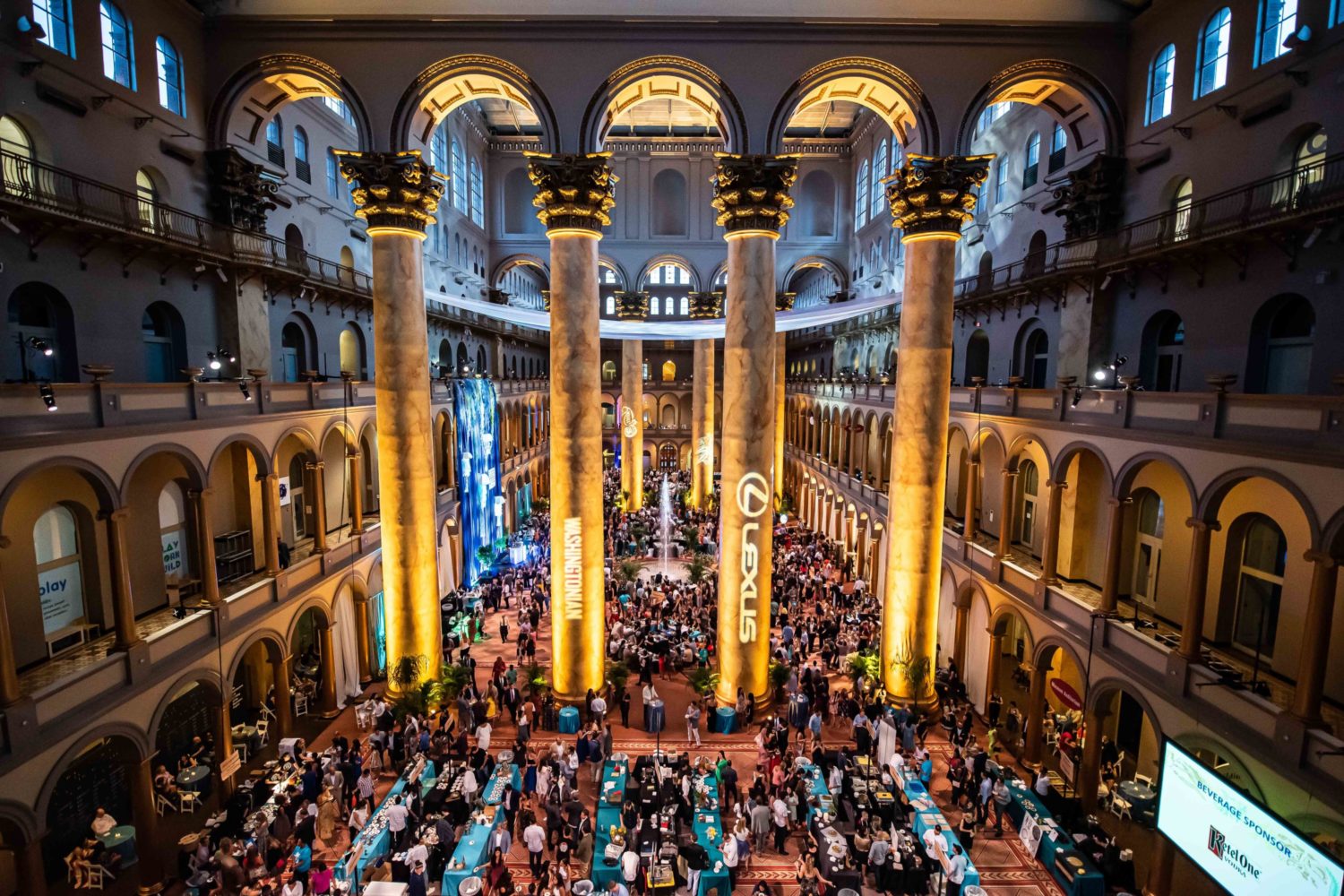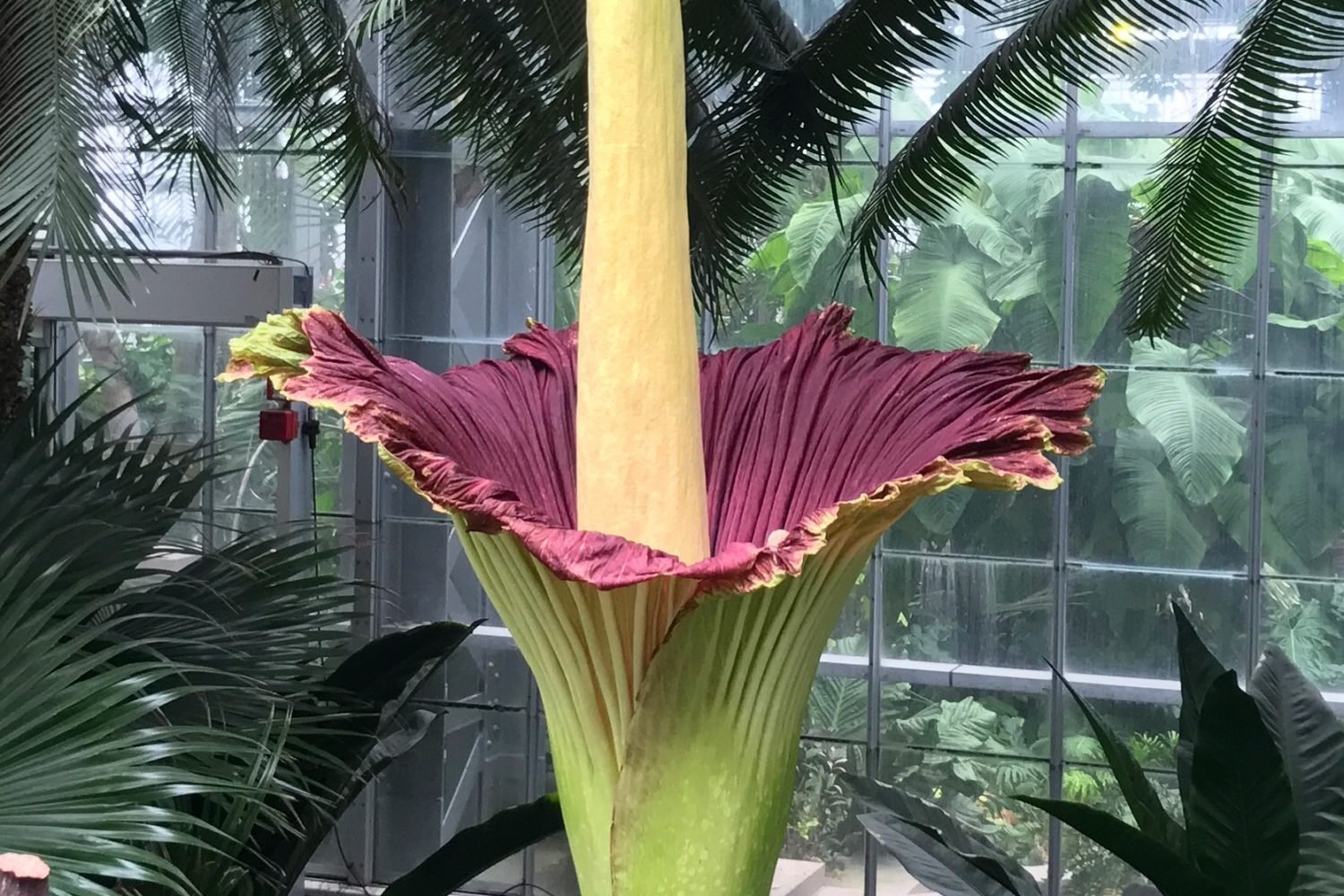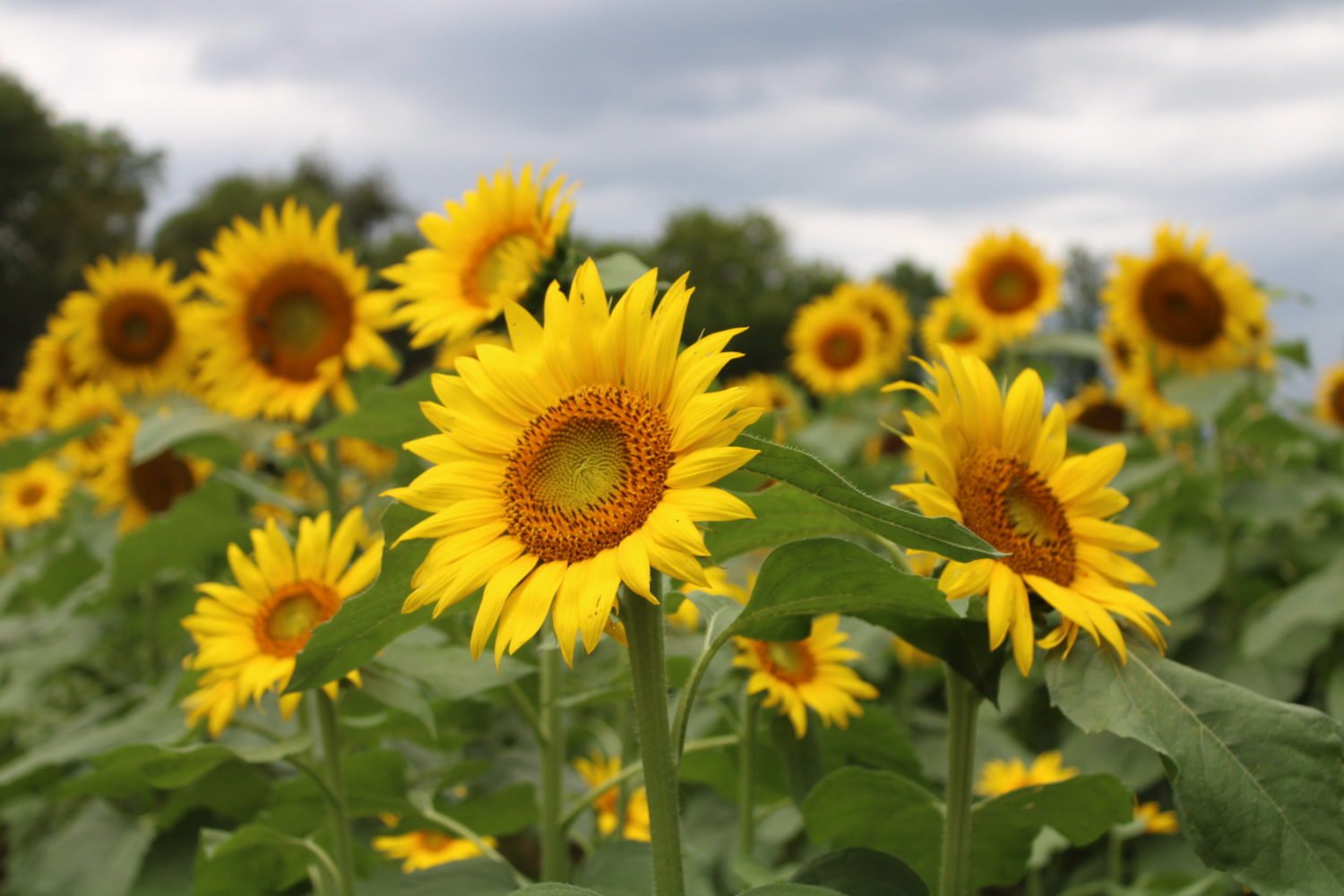Several years ago, singer-songwriter
Sharon Van Etten was urged to check out a cover of her song “Love More.” This wasn’t just any cover—it
was released and performed by Bon Iver’s
Justin Vernon and the National’s
Bryce and Aaron Dessner. The stunning homage to her emotionally charged, raspy vocals and folk-tinged arrangements
led to a friendship with Aaron, who produced her third and latest record,
Tramp. The album showcases a grittier Van Etten singing to the backing of a bigger band
and louder instrumentation, and features appearances by Beirut’s
Zach Condon, Wye Oak’s
Jenn Wasner, and Doveman’s
Thomas Bartlett. Following her
Tramp tour in Europe, we caught up with the Brooklyn-based songstress to talk about her
Thursday night show at the 9:30 Club, her frequent collaborations, and why she no
longer feels like a tramp.
How was your tour in Europe?
It was great—we got to go to a bunch of cities we’d never been. I got to do the Jools
Holland show, and I got to meet John Cale, which was a really big deal for me. We
all had a good time—I think we’re all ready to be done touring for a little while,
but we still have a few more tours to go until then.
One of your first tours ever was in Europe with Meg Baird when your career was just
starting. Can you talk a bit about the differences now that you’re doing your own
thing? How did this compare with the first time?
It’s a totally different world. When I toured with Meg, I was solo. It was her and
me and three other people hanging out, just riding around in one car all over England
mostly. And it was fun; it just felt like a road trip as opposed to touring. With
a band, there’s a little bit more responsibility that comes along with making sure
everyone’s okay, taking care of people, and things like that—and a bit more scheduling.
But it’s also less vulnerable because I have a band to work with and rely on, and
it’s much more cathartic because we get to rock out. We’re the best we’ve ever been,
and they’re really fun people to be around—before, it was more folk music, which was
really mellow, whereas now it’s more bars and clubs, and it’s a little more rowdy.
When you get to DC, you’ll be performing with Damien Jurado. Have you met him or played
with him before?
We’re doing a whole US tour together, which I’m excited about. But I’ve never met
him face-to-face, although he was at a show I was at. We have all these mutual friends
and he toured with my friends before, but we constantly miss each other. We’re in
the same orbit, but for some reason it’s only aligning now. I’m excited to meet him.
I hear he’s really sweet, and I loved his last record; I think it’s beautiful.
You’ve been mostly performing songs from
Tramp, and the album’s been out for some time now. What’s the response been now that you’ve
been playing it for audiences?
It’s been funny to see how people react in different areas—it is a progression from
the last couple records, and we do get louder and there’s more dynamically involved
with the songs. People are singing along, I see more people dancing and bobbing around,
I see people on date night holding hands. But I think always though, the common thread
between all the records is that people still have a personal connection with them
and can relate to my experiences, and they still take something away from it emotionally,
even though they’re more rock songs than they used to be. I still think they connect
with people in that way, which is nice to know.
You’ve described the process of writing
Tramp
as self-therapy and a way of revealing yourself. Are there any new sides of you feel
this album brought out?
The main thing on this record was that I allowed myself to show emotions other than
being sad. I let myself be angry—which is a thing I’ve always had a hard time doing.
It’s not necessarily blaming anyone, just letting myself be angry—and learning from
it, though, not futile anger. I also allowed myself to show that I’m happy and allowed
myself to be more vulnerable while showing other sides of myself. I’m finally out
of the depression I was in for a really long time, and I have more perspective. Every
record, I have a better perspective on things.
Do you ever have any qualms about writing such confessional music?
It’s definitely hard to perform them live sometimes. I try not to write songs that
are too personal, because then people can’t relate to them themselves, and it cuts
[me] off from really connecting with people. I don’t want anyone to go to a show
and just feel bad for me the whole time—that’s not a good experience. I try to only
share songs where I feel like I can generalize my own circumstances in a way that
it’s a universal idea and people can still connect with it and relate to it. If I
didn’t feel that way about a song, I wouldn’t share it with people. So I hope people
take something away from it for themselves and not just that I’ve been through s—
[laughs].
I once knew someone who used red lightbulbs to create a serious headspace for writing.
Do you have any tricks you use to get yourself inspired?
I can only write when I’m going through something, and when I’m by myself I can totally
let go. I write stream-of-consciousness, and when I have a melodic idea in that zone,
I hit record and I play and sing for 30 minutes. Then I hit stop and listen back to
it and try to listen for a message, and I edit that way. I definitely have to be in
that headspace most of the time in order to create, but hopefully it won’t be that
way forever.
There are so many collaborations on the record—was there ever a challenge merging
ideas?
Going into it every time, I’m always freaked out—even if I’m friends with them, I’m
still in awe of them, and I respect them very much. You’re going to be vulnerable
when you’re like, “Here’s the skeleton of a song that’s not anything yet, and I would
love for you to help turn into something beautiful!” There’s something that makes
you feel a little insecure every time. But the good thing about the people I got to
collaborate with on this record was that they understood that—they’re all songwriters
and they’re all in bands and they know the processes. They also know my writing, and
they’re familiar with it, so they were sensitive to that going into it. So even though
I was nervous, I trusted them. The only real challenge was me letting things happen
and letting them do what they would do naturally, because I trusted them and they
believed in my work. I know they wanted the best for me, and I knew they would do
their best.
Which collaborations were you most excited about?
I was really excited about everyone. When
Thomas Bartlett [Doveman] came in, it was pretty amazing. He literally just fluttered around the studio. It
was only in the course of two or three hours and we played him all these songs, and
he literally put ten tracks on each song and was like, “Here you go! Here’s a bunch
of keys and synthesizers. Keep whatever you want; drop whatever you want.” He was
so casual but so pro about it. We had so much to work with after that one session.
He came back another time, too, just to add a little fairy dust onto it. It was definitely
fun to watch.
Also Bryce Dessner, who did a couple of the string arrangements on the album and some
gnarly guitar parts, as well—I had never had any kind of arrangements done before,
so that was pretty cool. I would say just being able to work with Aaron throughout
the whole record was probably the best.
What was the dynamic like between you two?
It was really like brother-sister, ’cause we could tease each other. He just put his
arm around me the whole time and was really nurturing about the whole thing, knowing
I was nervous about collaborating, having a band-type record, and doing more instrumentation.
That’s really not what I’m naturally good at, but he helped me learn to communicate
. . . I was able to tell people what I wanted, and he was able to interpret for me.
He pushed me to try a lot of things I wouldn’t normally have tried. Aaron’s just really
a comforting person to be around—he’s such a normal, genuine guy.
The title of the record was chosen because it has a double meaning, since “tramp”
can also mean a traveling vagrant or a person without a home—which is how you’ve said
you felt while writing the album. Do you still feel that way?
I think it was more so at the time, because then the only place I had to go back to
was the studio. I was always floating as far as where I was staying. I didn’t have
that safety of having a home, really, or that stability. In that way, I don’t think
I’ll write that way again. I don’t think I’ll be that scattered, and I don’t think
I’ll be that exhausted. Every time I came home, I felt I had to be working because
it was only my time off that was spent recording, just because that’s how Aaron and
my schedule worked. We were both touring so much we could only record on our time
off. I don’t think I’ll do that again [laughs]. It was worth it, but exhausting. Now
I have a home and a boyfriend and a life—I think once I have a group of songs together,
I’d like to block off one month and work on recording during that month, as opposed
to piece-by-piece and only on my time off. You have no way of replenishing yourself
and resting and eating well when all your time is spent working.
You revealed in an interview you once dressed as Charlie Chaplin from
The Tramp
for Halloween. What are you going to be this year?
I don’t know! We’re driving from Florida to New Orleans that day, and we’re not getting
there until dinnertime. I don’t know, I might just wear my Chaplin mustache again.
Sharon Van Etten plays the 9:30 Club this Thursday, October 25. Tickets ($18) are
available via the 9:30 Club’s website.

